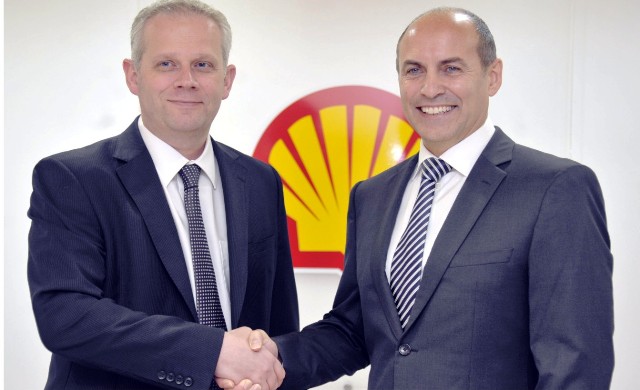Business
2017 Budget: N290 To Dollar Unrealistic – Experts

Some financial experts have faulted the exchange rate of N290 to a dollar proposed for the nation’s 2017 budget.
They told newsmen in Lagos that the exchange rate was not realistic with the developments at the forex market. Mallam Garba Kurfi, the Managing Director, APT Securities and Funds Ltd., Lagos, on Thursday said that the government needed to come up with strategies that would address exchange rate disparities in the country.
He said that N290 was not in tandem with what was obtainable in the parallel market.
According to Kurfi, more companies may close down in 2017 if government fails to address the foreign exchange gap in the country. ”The government needs to increase the amount of funds allotted to capital expenditure to boost economic activities for growth and development.
”Government needs to bring in more money into the capital expenditure to achieve growth by reducing the cost of governance,” Kurfi added. Alhaji Rasheed Yussuf, the Managing Director, Trust Yield Investment Ltd., Lagos, said that the government should go beyond budget outline and think of ways to ensure effective implementation. Yussuf said that outstanding issues that marred 2016 budget implementation should be sorted out before presenting the 2017 budget.
He stated that the government needed to sort out the Niger Delta Avengers’ issue and circumstances surrounding 2016 budget padding before presenting the budget.
Yussuf urged the government to intervene in the ongoing faceoff in the House of Representatives to avoid unnecessary budget delay. ”Budget outline is not the answer to the nation’s challenges but implementation details,” Yussuf said.
He urged Nigerians to patronise locally made goods and services to reduce foreign exchange pressure in line with Nigeria’s economic realities. Mr Harrison Owoh, the Managing Director, HJ Trust & Investment Ltd., Lagos, said that the government should boost internally generated revenue to achieve the budget target. ”Tax leakages and reduction in the cost of governance should be addressed to boost revenue.
”The nation needs not to panic over drop in oil prices, if other sectors of the economy are developed. ”The government should pay more attention to extractive industries and pay less emphasis on oil,” he said.
The Federal Government plans to spend an estimated N6.812 trillion in 2017. The figure is about 13.3 per cent higher than N6.06 trillion budgeted for 2016.
The details are contained in the 2017-2019 Medium-Term Expenditure Framework and Fiscal Strategy Paper forwarded by President Muhammadu Buhari to the National Assembly on Oct. 5.It also pegged oil benchmark at 42.50 dollars per barrel with a production of 2.2 million barrels per day.

